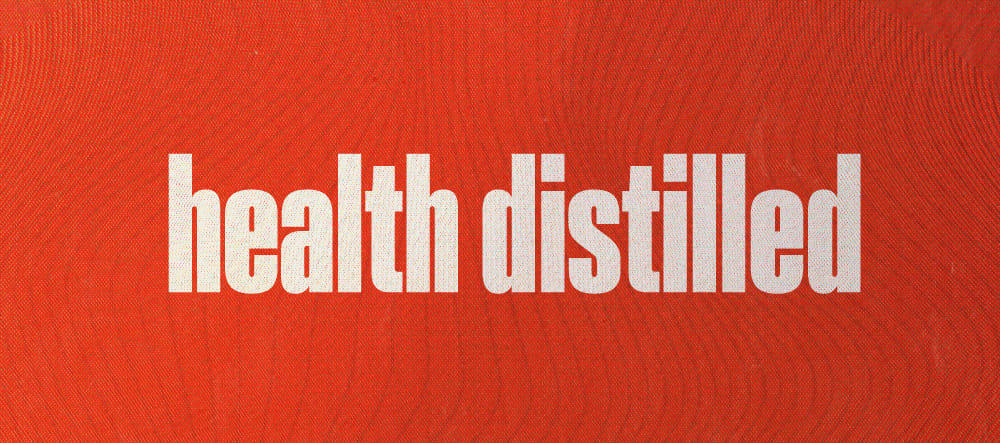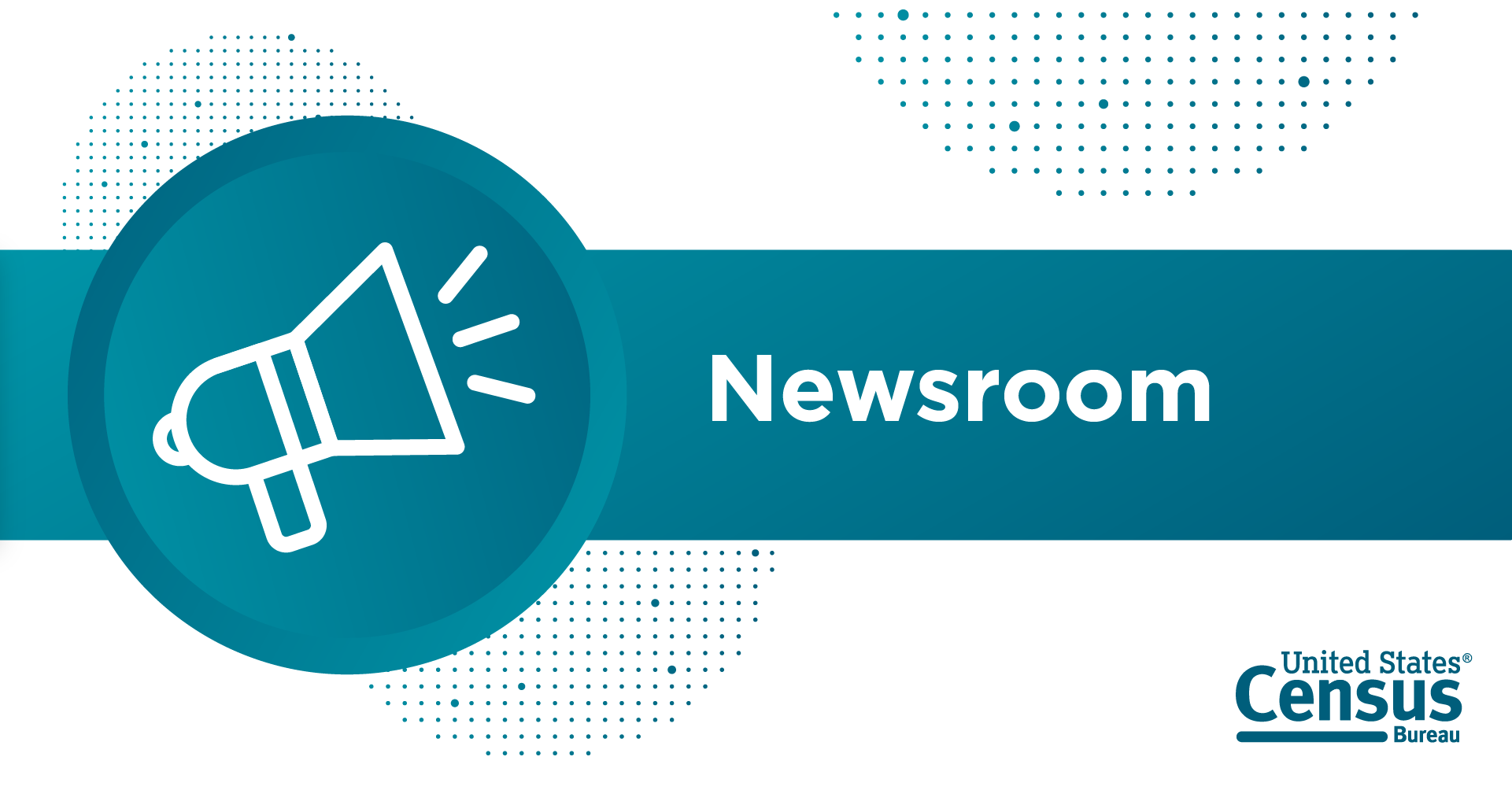- Health Distilled by Liverpool Lane
- Posts
- Docs, centenarians, Louisvillians 'n more!
Docs, centenarians, Louisvillians 'n more!
Healthcare through a Kentucky lens. Yeah, it's niche. But neat!

Ready for 🏀.
👏 Lifequipt 👏
Heard Louisville-based Lifequipt closed a B2B sale! 🥳
Physician Consolidation
“For example, studies show that at least 47% of physicians were employed by or affiliated with hospital systems in 2024, up from less than 30% in 2012.”
Physician Entrepreneurship
Interesting MIT Sloan School of Management thesis.
“Taken together, these findings suggest physicians are robustly involved in entrepreneurship…”
A similar look at physician entrepreneurship in Louisville would be enlightening, I think. ☎️ Greater Louisville Medical Society.
🎓️
Centenarians
Y’all.
In the famous words of Calhoun Tubbs…
How many centenarians reside in a facility owned by Trilogy Health Services? Signature HealthCARE? Atria Senior Living? Arcadia Communities? Nazareth Home? For example.
Aggregated patient data, to include ‘omic data and banked samples.
Louisville-centric, for Louisville, but not unlike the The 90+ Study, led by Co-PI Claudia Kawas, MD, who is a University of Louisville College of Medicine alum.
Human Immunome Project
Jane Metcalfe. Born in Louisville. Louisville Collegiate School alum.
What up, Clareo Biosciences.
Innovation in Employer Healthcare
Compelling piece from 7wire Ventures.
Check out the predictions.
Digital Health Literacy
“…digital health literacy (DHL) has emerged as a crucial determinant of health outcomes.” True in Korea. True here.
By the way, anyone in the ‘ville worked on digital health literacy? [ Answer: yes. 😉]
Share.
No really, share.
Like, now.





